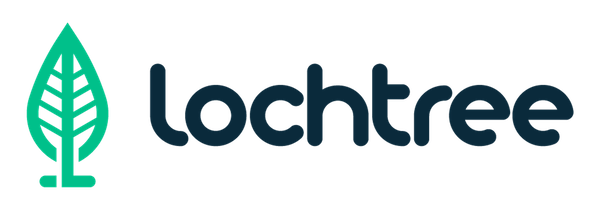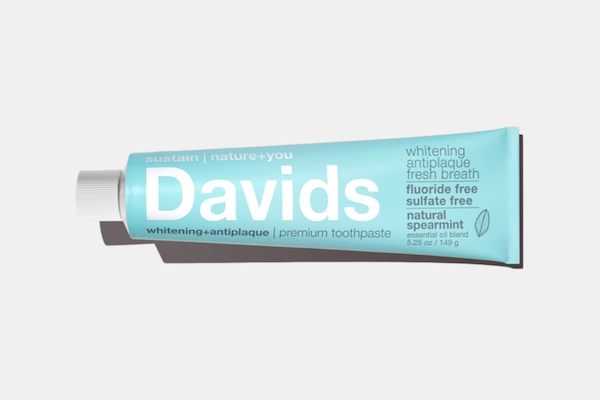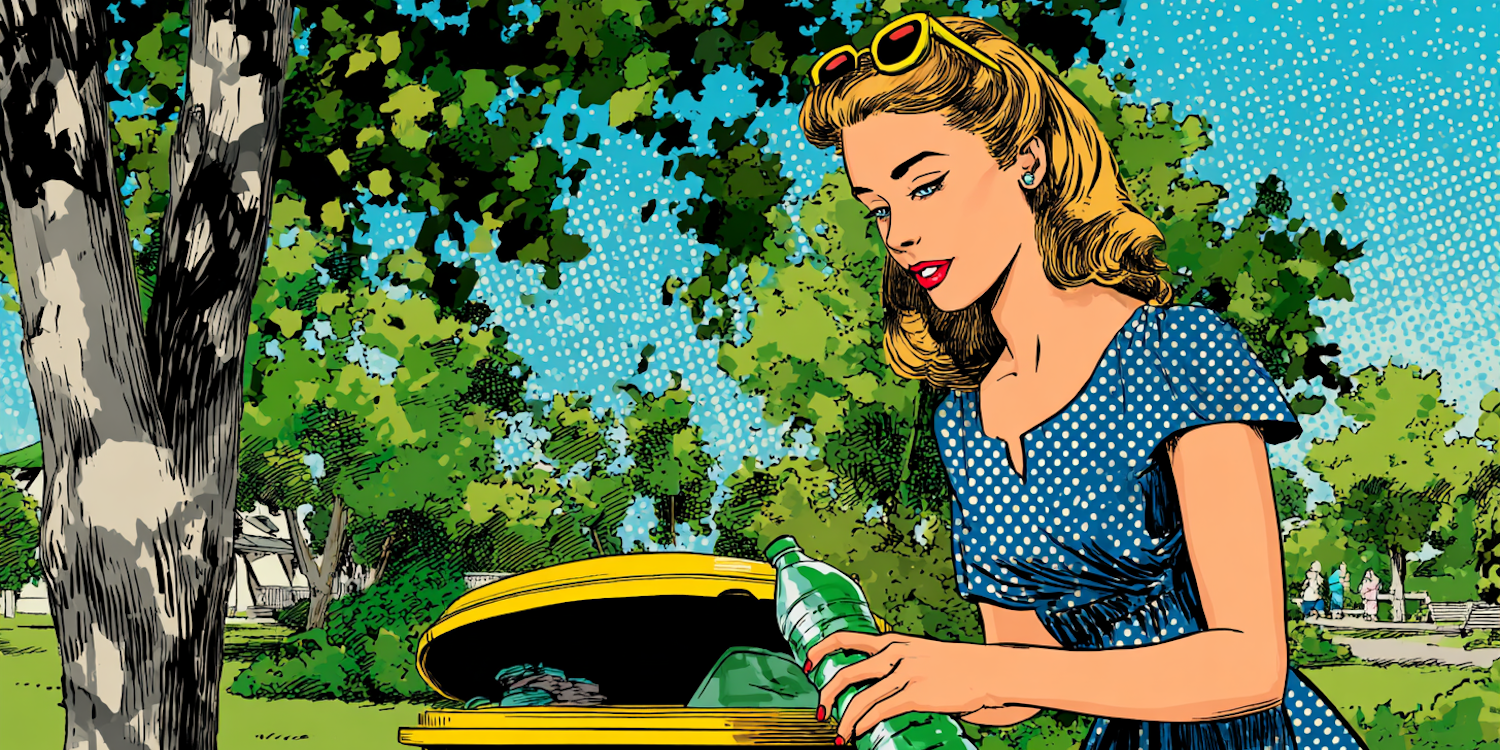Talking The Talk
Have you ever arrived in the middle of a conversation and had no idea what anyone was talking about? None of us like to feel out of the loop. Each group and interest group has its own lingo and the green movement is no exception.
But with so many terms that are easy to mix up — green, eco-friendly, clean, non-toxic, to name a few — getting up to speed can be overwhelming. When you are considering a product, you want to know at a glance if it is in harmony with your values.
There is no need for you to whip out your pocket dictionary every time you want to buy a new pair of socks. We have done the research to simply define 36 of the most-used terms you will encounter while shopping.
36 Essential Eco-Friendly Terms You Need to Know
The Big Three
Three of the most-confused terms the conscious consumer sees are green, eco-friendly, and sustainable. What is the difference?
- Eco-Friendly: Also “environmentally-friendly.” The term eco-friendly refers to products or practices that do not harm the environment.
- Green: This is a broad label used for anything that has a positive effect on the planet, or at least does not have a negative effect.
- Sustainable: Sustainable products or practices do not harm the environment or compromise the ability of future generations to meet their needs.
People and Animals
Many consumers who care about the planet are also mindful of the welfare of people and animals. Product labeling for these categories can be vague or downright baffling. Here are some helpful hints to make sure the products you buy meet your standards.
- Cruelty-Free: Products that are certified cruelty-free are not tested on animals and do not contain any components that involved harming animals. Not all products labeled cruelty-free are certified. The logos below represent official certifying bodies. If you are unsure, you can double-check online in PETA or Leaping Bunny’s databases. Since companies have to pay extra to feature the logo, some certified companies do not display it.

Image Source: Cruelty-Free Kitty
- Fair Trade: This term is regulated by international certification bodies. For a product to be certified as fair trade, the company must prove that they treat workers fairly - particularly those in developing countries.
- Ethical: Ethical products are made according to high standards involving fair treatment of workers and animals. However, this term does not have any official certification processes.
- Humane: Products referred to as humane are typically animal products such as meat, cheese, and milk. These companies strive to treat animals humanely throughout their production process.
- Rainforest Certified: Rainforest-certified products are marked with a distinct frog logo. These companies’ practices must meet several requirements, including promoting biodiversity and not damaging the rainforest.
- Vegan: Vegan products do not contain any animal-derived ingredients or components, including beeswax, leather, or lanolin.
- Vegetarian: Unlike vegan products, vegetarian products may contain animal-derived components like milk, wool, or honey. However, vegetarian products are free from ingredients produced by killing an animal.
Ingredients Demystified
Have you ever seen an ingredients list so long your eyes start to glaze over? If you are conscious about what is in the products you use, these are some terms you need to know.
- Clean: There is no legal definition for this term. Often used for beauty and personal care products, clean generally means products that are non-toxic and free from complex ingredients lists containing harmful substances.
- Harmful: Simply put, to be harmful means to cause damage. Companies may use this word with or without research to back it.
- Natural: This label is also unregulated. Natural products are derived from nature, natural sources, or living things.
- Non-Toxic: The label non-toxic can refer to anything from glue to makeup products. Non-toxic products are free from all toxic ingredients.
- Organic: A legally-defined term for ingredients produced without chemicals that harm the environment. Generally applied to foods or plants.
- Plant-Based: As you would expect, plant-based products are made from plants. Plant-based diets are focused on eating whole plant foods found in nature.
- Toxic: A stronger term than the word harmful, toxic ingredients or practices cause significant damage and can even be lethal.
Reduce, Reuse, Recycle
The three Rs have expanded over the years to include a variety of practices. The majority of the products LochTree sells are plastic-free or compostable.
- Compostable: Compostable products break down quickly and safely. Did you know that Bee’s Wrap and Sugarcane straws are both compostable?
- Plastic-Free: Products that are plastic-free do not contain any form of plastic or plastic byproducts.
- Post-Consumer Recycled: Post-consumer recycled content comes from the waste collected after consumer use. For example, our Fishnet Flyer Frisbee is made from recycled fishnets.
- Pre-Consumer Recycled: This recycled content is collected during the manufacturing process before consumer use.
- Upcycle: To upcycle something is to make it better in order to give it a new life.
- Reclaimed: Companies or individuals collecting discarded products or waste for a new use is known as reclaiming. Wood, glass, and plastic are popular choices for reclaiming.
- Recyclable: This term refers to products that can be recycled (see below). Glass is infinitely recyclable. Some plastics and metals can also be recycled.
- Recycle: To recycle something is to break it down and reform it into something new. Many cities have recycling programs.
- Repurpose: To repurpose is simply to use something for a new purpose, like turning a glass jar into a candle.
- Reuse: Reusing could include repurposing and upcycling. It is to use something again rather than disposing of it.
- Zero-Waste: Products that are zero-waste create no extra rubbish. This means the product itself and the packaging must be fully reusable, recyclable, or compostable.
Technical Terms
These words sound like something you would read in your 9th grade Earth Science class. We have broken them down to make them easier to understand — and less likely to send you into an impromptu nap.
- Carbon Footprint: A carbon footprint is the amount of carbon dioxide or other carbon compounds used by an individual or group. This can also refer to the carbon created in the production and transportation of a product.
- Carbon-Neutral: Companies or products that are carbon-neutral do not release any excess carbon dioxide into the atmosphere.
- Offset: Usually used in reference to carbon dioxide or other waste, offsetting is to balance harmful substances with the production of helpful ones. An example of this would be a company planting trees to offset their carbon dioxide production.
- Non-Renewable Resource: Petroleum, natural gas, oil, and other fossil fuels are non-renewable resources. These resources do not replenish as quickly as we consume them.
- Renewable Resource: Solar, water, and wind power are all examples of renewable resources. These energy sources replenish at a rate that makes their use more sustainable than non-renewable resources.
Lifestyles
All the words we have discussed have something to do with lifestyle. These three, in particular, refer to the choices we make and how they affect our environment.
- Conscious: A conscious consumer is thoughtful, aware, and careful about what they buy. LochTree exists to make it easier for conscious consumers to find high-quality products that adhere to their values.
- Consumerism: A consumerist society is one with a focus on acquiring goods and services. Consumerism can harm the environment if not guided by positive values. Conscious consumerism, on the other hand, can be an engine for progress toward environmental health.
- Minimalism: This term has various definitions. Joshua Becker defines minimalism as the intentional promotion of what matters most and the removal of everything that distracts from it. Trends in minimalist living can often go hand-in-hand with sustainability by reducing waste and excess consumption.
Pop Quiz
No need to worry — there is no vocabulary quiz. This resource is to equip you for the confusing world of conscious shopping.
This week, take a closer look at the products you buy. You will find many of these terms on items you use every day. And if you want to up your sustainability game, check out our shop — all of our products are curated to protect the planet for us and everyone who comes after.






